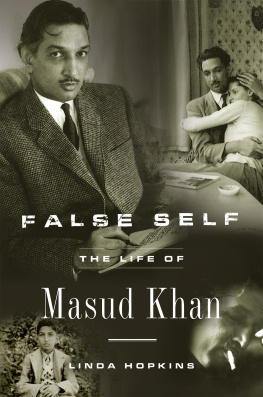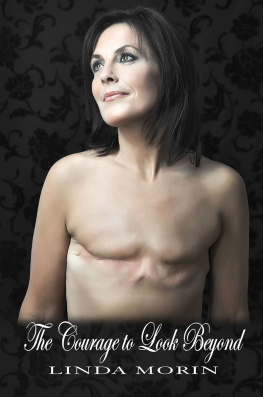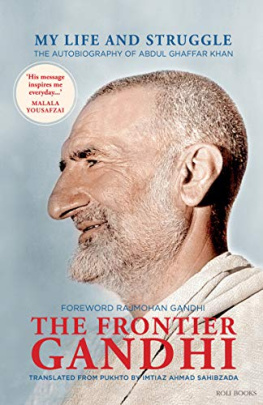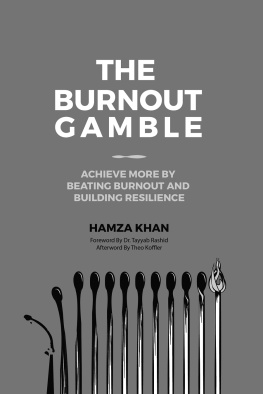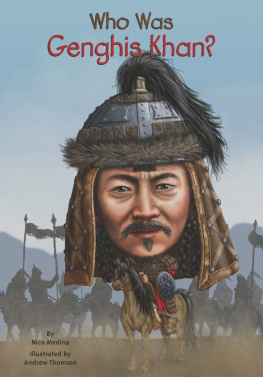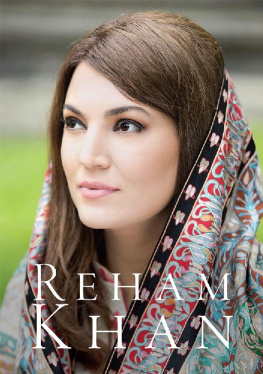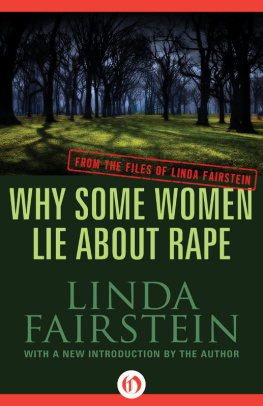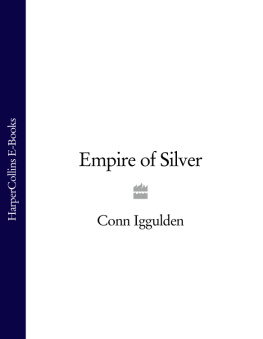Linda Hopkins - False Self: The Life of Masud Khan
Here you can read online Linda Hopkins - False Self: The Life of Masud Khan full text of the book (entire story) in english for free. Download pdf and epub, get meaning, cover and reviews about this ebook. year: 2020, publisher: Other Press, genre: Home and family. Description of the work, (preface) as well as reviews are available. Best literature library LitArk.com created for fans of good reading and offers a wide selection of genres:
Romance novel
Science fiction
Adventure
Detective
Science
History
Home and family
Prose
Art
Politics
Computer
Non-fiction
Religion
Business
Children
Humor
Choose a favorite category and find really read worthwhile books. Enjoy immersion in the world of imagination, feel the emotions of the characters or learn something new for yourself, make an fascinating discovery.
- Book:False Self: The Life of Masud Khan
- Author:
- Publisher:Other Press
- Genre:
- Year:2020
- Rating:4 / 5
- Favourites:Add to favourites
- Your mark:
- 80
- 1
- 2
- 3
- 4
- 5
False Self: The Life of Masud Khan: summary, description and annotation
We offer to read an annotation, description, summary or preface (depends on what the author of the book "False Self: The Life of Masud Khan" wrote himself). If you haven't found the necessary information about the book — write in the comments, we will try to find it.
False Self: The Life of Masud Khan — read online for free the complete book (whole text) full work
Below is the text of the book, divided by pages. System saving the place of the last page read, allows you to conveniently read the book "False Self: The Life of Masud Khan" online for free, without having to search again every time where you left off. Put a bookmark, and you can go to the page where you finished reading at any time.
Font size:
Interval:
Bookmark:
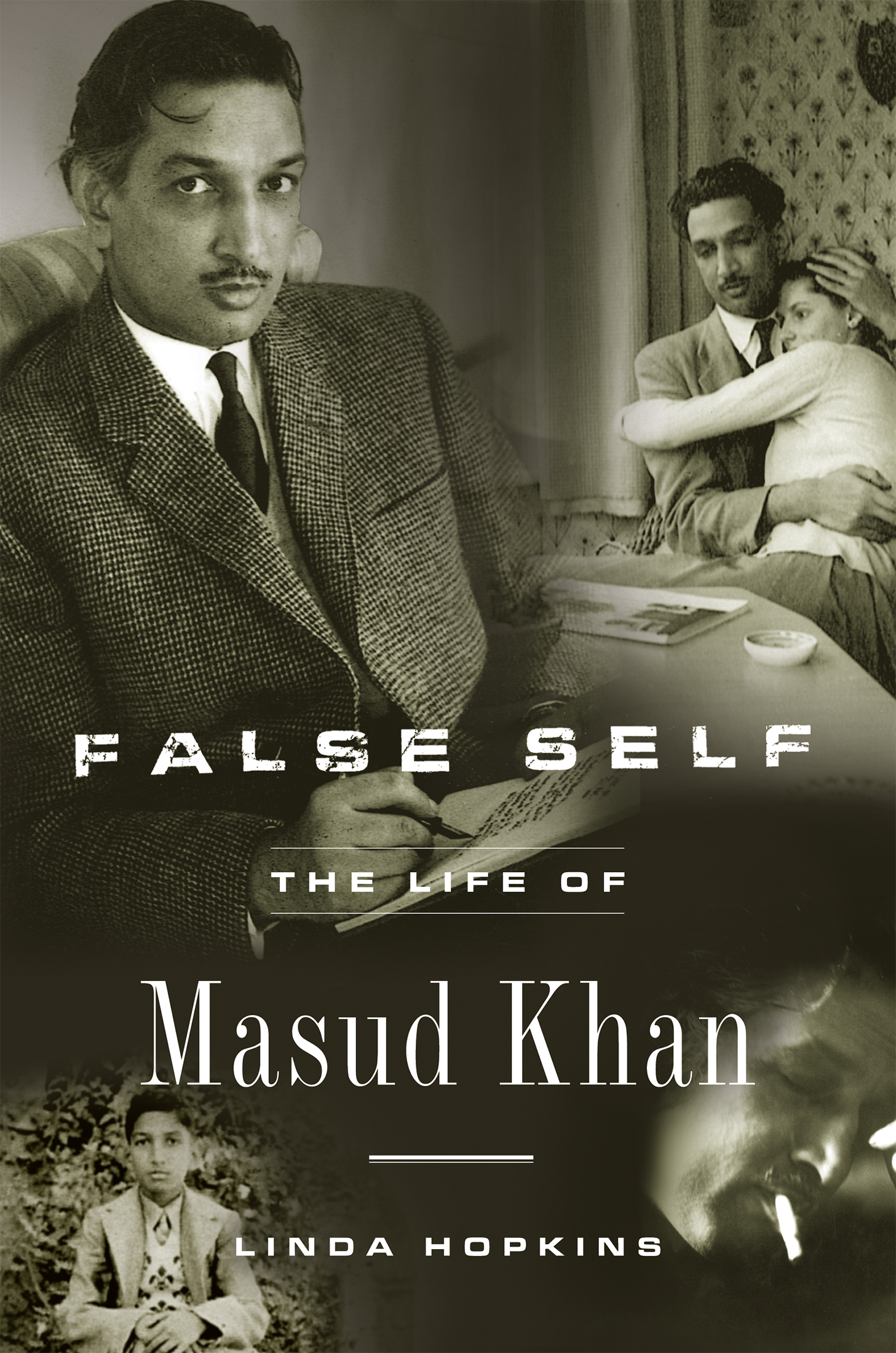
In this portrait, clinical psychologist Hopkins draws on thousands of letters and scores of interviews to bring to life a charismatic, cultured, brilliant, immature, and ultimately demented individual. [This] thoroughly researched and well-written life is essential for psychotherapists and historians of the rise and decline of post-World War II psychoanalysis. Hopkins deftly handles a large treasure of material, including interviews with Khans colleagues, friends, patients, and wives.
Library Journal
Hopkins offers an unnerving and sympathetic portrait of the enfant terrible of postwar British psychoanalysis and convincingly suggests that Khan suffered from undiagnosed bipolar disorder.
Publishers Weekly
[Hopkinss] biography goes far beyond relating Masuds life. Her balance breathes fresh life into this Lear-like man who lost his kingdom, his wives, and his way while still staking out a claim to have shown analysis a new and much more intimate, much more loving, way to present itself. An absorbing read.
Republic of Letters
This scholarly, lucid book offers a balanced view of Khans rich and extremely problematic life and work. Linda Hopkins has done a masterful job of investigating the complexities of history and psychology.
Joyce Slochower, Ph.D., A.B.P.P.,
author of Holding and Psychoanalysis and Psychoanalytic Collisions
I didnt want this book to end. A hush fell with the last page, the hush of a shadow of life. I cant thank Linda Hopkins enough for the truth of this book, the detailed care, the love of life that it reveals.
Michael Eigen, Ph.D.,
author of The Sensitive Self, The Electrified Tightrope, and Lust
Linda Hopkins demonstrates how seamlessly threads of inspired genius and impaired living are woven together in the life of Masud Khan. While admirably empathic toward Khans vulnerability, she does not whitewash his accountability. There is so much to be learned from Hopkinss labor of love, and we all owe her a debt of gratitude.
Dodi Goldman, Ph.D., William Alanson White Foundation;
author, In Search of the Real: The Origins and Originality of D.W. Winnicott
Sensible, intelligent, scrupulously researched, and clear as a bell. This is an important biography, for its reference points are the relevance and standing of psychoanalysis in todays world, the crossroads between Western and Muslim culture, and ultimately the contemporary conflict between dramatic image and authentic life. Linda Hopkins has made an extraordinary and successful attempt to get Khans larger-than-life character into ordinary human proportions, where he becomes a flawed man living a flawed life.
Bob Hinshelwood, Ph.D., professor,
Centre for Psychoanalytic Studies at the University of Essex
Linda Hopkins paints a remarkable portrait not only of a pivotal individual, but of a cadre of professionals who had a major hand in shaping the psychoanalysis of then and now.
Margaret Crastnopol, Ph.D.,
cofounder and faculty, Northwest Center for Psychoanalysis, Seattle
False Self is a biographical gem, compelling, brilliant, and evocative. Dr. Hopkins provides us with a compassionate exploration of the depths of human suffering and frailties in the context of Masud Khans life, resonating deeply with our own souls and psyche.
Purnima Mehta, M.D.
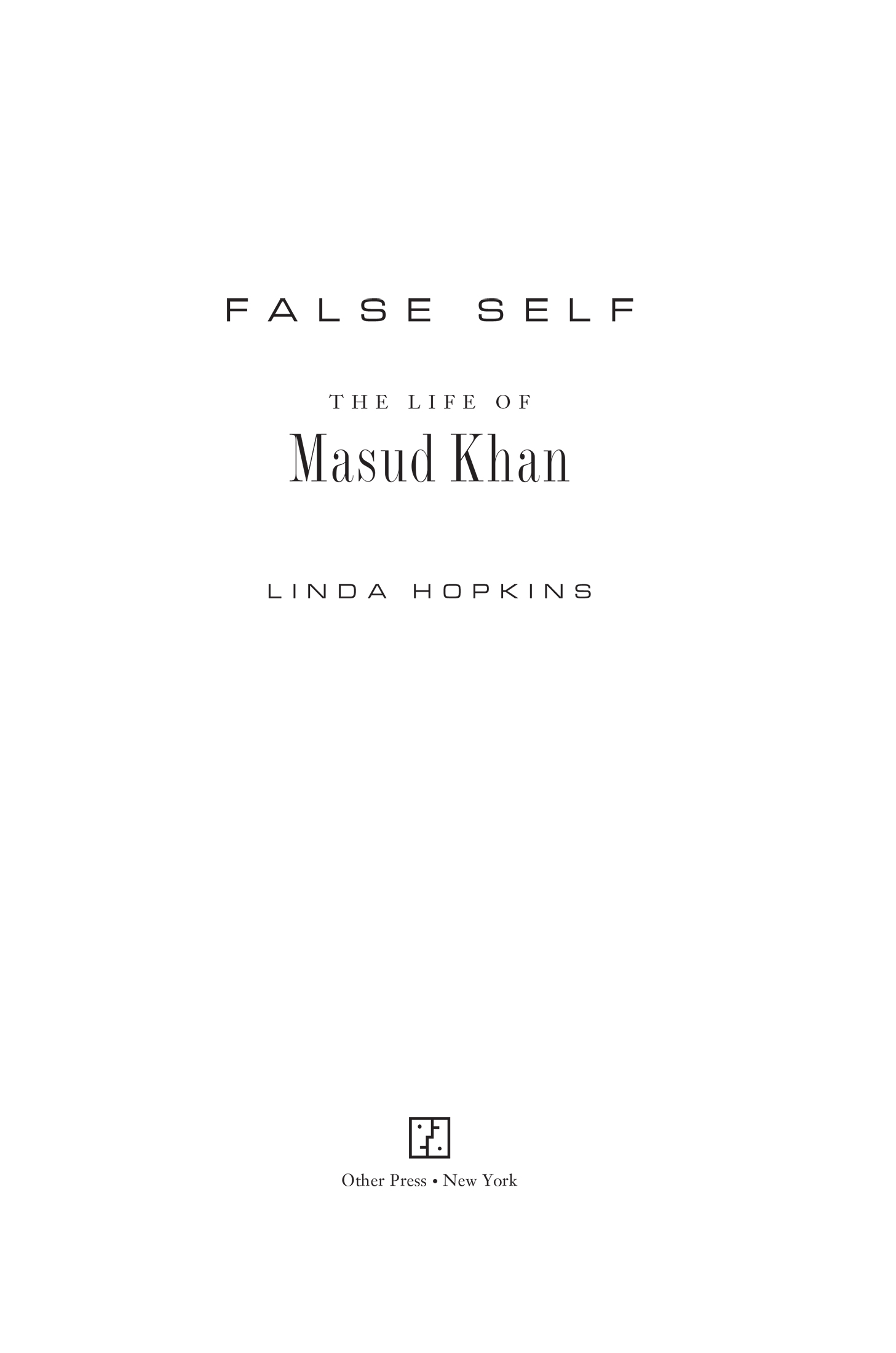
Photo of Svetlana Berisova in Swan Lake Zo Dominic.
Photo of Masud Khan and Svetlana Berisova Henri Cartier-Bresson.
Photo of Number 3 Hans Crescent appears courtesy of Rebecca Smith and Tara Stitchberry.
Photo of Masud Khan and Svetlana Berisova in Monte Carlo Zo Dominic.
Khan Bibliography 2006 Harry Karnac
Copyright 2006 Linda Hopkins
First softcover printing 2007.
Production Editor: Mira S. Park
Text design: Kaoru Tamura
Ebook ISBN9781635421149
All rights reserved. No part of this publication may be reproduced or transmitted in any form or by any means, electronic or mechanical, including photocopying, recording, or by any information storage and retrieval system, without written permission from Other Press LLC, except in the case of brief quotations in reviews for inclusion in a magazine, newspaper, or broadcast. For information write to Other Press LLC, 267 Fifth Avenue, 6th Floor, New York, NY 10016. Or visit our Web site: www.otherpress.com.
The Library of Congress has cataloged the printed edition as follows:
Hopkins, Linda B.
False self : the life of Masud Khan / Linda B. Hopkins.
p.; cm.
Includes bibliographical references and index.
ISBN 978-1-59051-303-3
1. Khan, M. Masud R. 2. PsychoanalystsGreat BritainBiography. I. Title.
[DNLM: 1. Khan, M. Masud R. 2. PsychoanalysisBiography. 3. History, 20th Century. 4. Psychoanalysishistory. WZ 100 K445f 2006]
RC438.6.K48H67 2006
616.89170092dc22
[B]
2006007096
a_prh_5.5.0_c0_r0
For J., B., and P.
I did not know when I started this project thirteen years ago how much it would enhance my professional and personal life. Of the many people who helped me, three in particular stand out. These are Wladimir (Wova) Granoff, the recently deceased French analyst (d. 2000); Robert (Bob) Rodman, the recently deceased California psychoanalyst (d. 2004); and Harry Karnac, the founder and original owner of Karnac Books. Granoff had been Khans crucial friend in the early 1960s prior to a major estrangement, but he had the grace and honesty to talk to me about the extreme pleasure he took from the friendship in the days when it was going well. We met in Paris several times and, in an era when e-mail was not yet popular, we exchanged many faxes. Right from the beginning, he trusted me and gave me access to his extensive correspondence with Khan. Bob Rodman was still working on his biography of Donald Winnicott (Winnicott: Life and Work, 2003), when we met, and we shared substantial material concerning our separate and overlapping research subjects. Bob had unfailing energy and a sensitivity to the nuances of life that kept me going through many difficult times. Harry Karnac originally had doubts about the importance of the work, but after I won him over, he spoke with great generosity of his personal experience with Khan and Khans world. Then, wearing a very different hat, he guided me through the long process of dealing with various crises involving publication that were, I was to learn, just part of the process. Harry and his wife, Ruth, have been unflinching in their hospitality and their support. Karnac also put together the Bibliography, an impressive project for which I am deeply grateful.
Prior to becoming a psychologist and an analyst, I studied Arabic as an undergraduate at Brown University and then as a graduate student at the Johns Hopkins School of Advanced International Studies (SAIS) in Washington, D.C. This educational experience got me interested in Islam and, after I changed careers, led me to investigate Khans writings once I learned that he was Muslim. In Philadelphia, I got a Ph.D. in clinical psychology at Temple University and became a certified analyst and then a training and supervising analyst at the Philadelphia School of Psychoanalysis. I studied Khan on my own in my student yearshis work was never assigned and I heard his name spoken out loud only once, in a talk by Salman Akhtar, a Muslim analyst who practices locally. My private study was greatly facilitated when I became a student at a school dedicated to the study of British psychoanalysis, under the leadership of Jill and David Scharff. This school is currently known as the International Psychotherapy Institute (IPI) and located in Bethesda, Maryland, but when I studied there it was part of the Washington School of Psychoanalysis in Washington, D.C. This was the first time that I had the chance to learn from others about the British object relations analysts. The Scharffs are masterful teachers who have fostered a lively and supportive community; they also provide the opportunity to meet leading British analysts who come to the school as guest teachers. All the IPI faculty and students are deserving of my acknowledgment and I am particularly grateful to six members of the community, in addition to the Scharffs: Anna Innes, Michael Kaufman, Kent Ravenscroft, Michael Stadter, Charles Ashbach, and Frank Schwoeri.
Font size:
Interval:
Bookmark:
Similar books «False Self: The Life of Masud Khan»
Look at similar books to False Self: The Life of Masud Khan. We have selected literature similar in name and meaning in the hope of providing readers with more options to find new, interesting, not yet read works.
Discussion, reviews of the book False Self: The Life of Masud Khan and just readers' own opinions. Leave your comments, write what you think about the work, its meaning or the main characters. Specify what exactly you liked and what you didn't like, and why you think so.

